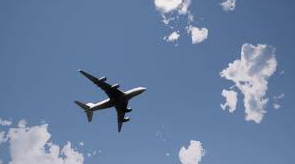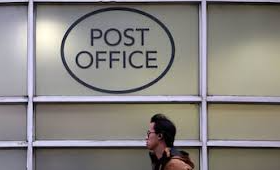
The Business Travel Association criticises the lack of targeted support for the sector amid the rise of Omicron cases
New data reveals that business travel has significantly dropped in December as countries tighten restrictions in response to the rapid spread of the Omicron variant. This comes as the business travel sector continues to recover from the setbacks caused by the pandemic, with remote meetings becoming the norm as companies increasingly rely on platforms like Zoom and Google Teams for international dealings.
Prior to the emergence of Omicron, business travel had shown signs of recovery, though still lagging behind pre-pandemic levels. However, the recent surge in cases and new travel restrictions have reversed some of this progress, according to figures from Travelogix and the Business Travel Association (BTA).
The data indicates a decline of 22,452 UK business trips during the second week of December alone, compared to the previous week, primarily due to tightened restrictions linked to the Omicron variant. International business travel from the UK was down nearly 77% when compared to 2019 levels.
Clive Wratten, CEO of the BTA, voiced his disappointment with the government’s £1 billion emergency support package, which he said failed to offer direct help for the business travel sector. Wratten highlighted that business travel, an integral part of the UK’s economy, had been overlooked in the new support measures.
The impact of Omicron has led several nations to impose further restrictions, with the Netherlands going into lockdown and Israel preparing to ban travel to the US and Canada. This comes just after the postponement of the Davos Economic Forum, a key event for global business and political leaders, which was delayed due to concerns over the spread of the virus.
The World Economic Forum acknowledged that despite stringent health protocols, the spread of Omicron and its effect on global mobility made the event’s deferral unavoidable.












